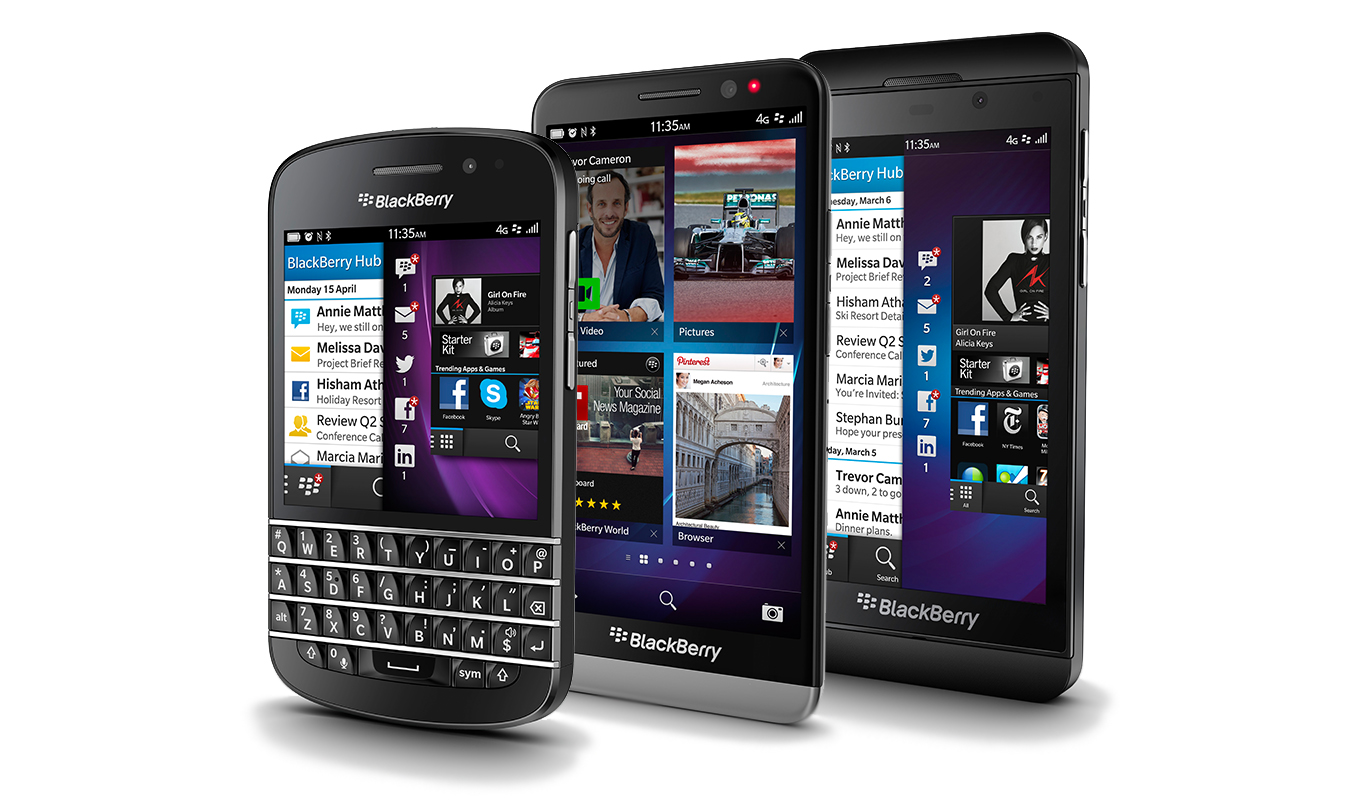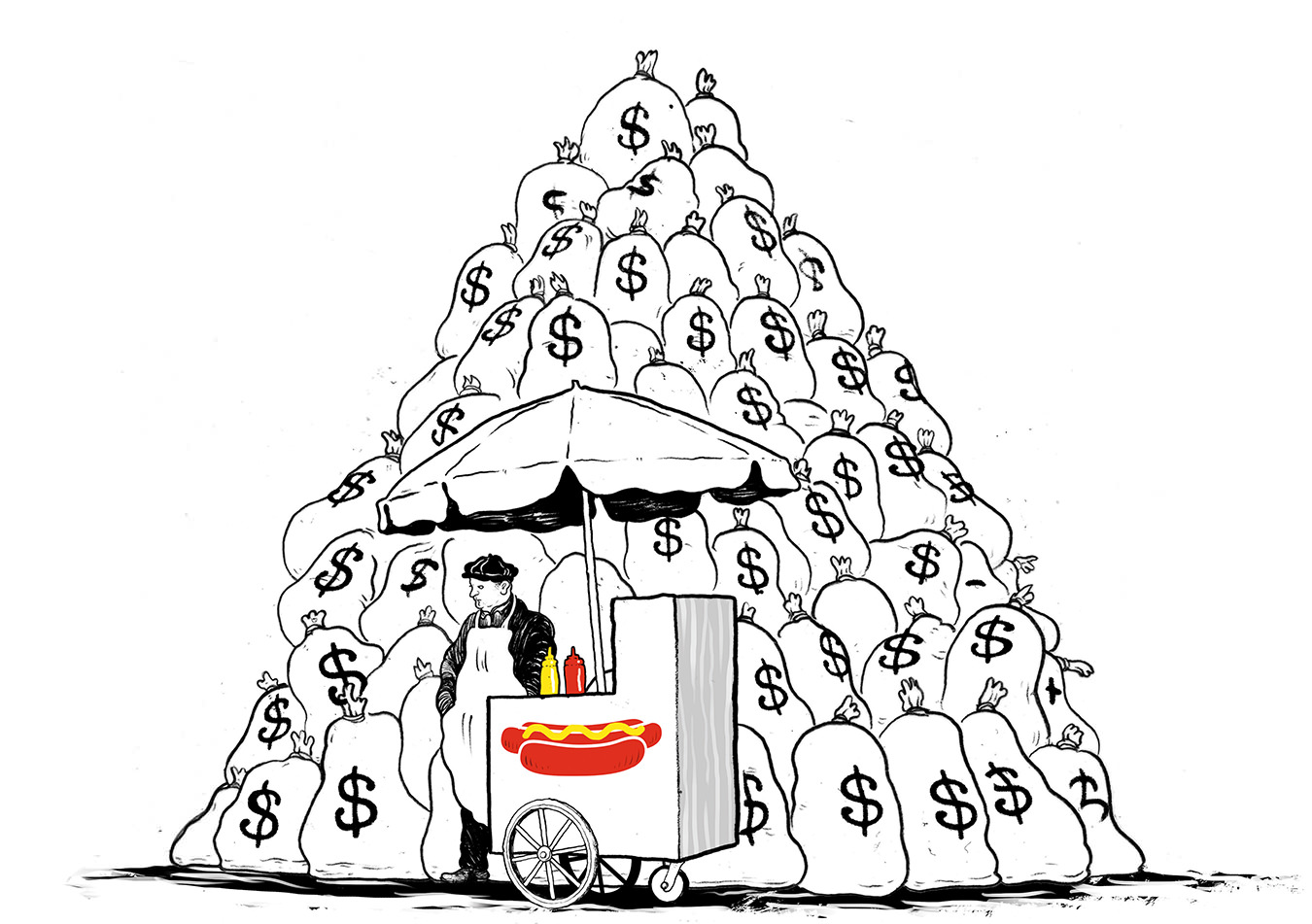The Curtain Falls
Bye-bye BlackBerry.

On September 20, Canadian high-tech icon BlackBerry warned of a disastrous second-quarter earnings report, hinting it would lay off some 4,500 of its team and write down nearly a billion dollars of unloved and unsold phones.
The following Monday, the ill-fated company received a $9 per share takeover from a consortium of private equity investors, led by Canada’s own Fairfax Financial Holdings Limited. Since then, the business pages have been filled with rumours about other bids—from tech giants Cisco, Google, and SAP, as well as Chinese hardware manufacturer Lenovo. Apparently former BlackBerry founder and CEO Mike Lazaridis even wants another kick at the can, and is currently putting together a possible bid. Not that the name on the cheque will matter much. In tech-land, this is the way the world ends: not with a bang but a buyout.
For a company worth at one time something north of $200-billion, it is indeed an inglorious end. As for a surprise—well, no. The fact of the matter is the Waterloo-based company had been on the ropes for some time, overtaken by competitors, cast off by consumers, ridiculed by investors and analysts. Beset by setbacks, delays, changes in strategy, buggy networks, undelivered promises, and a blank screen where a rich ecosystem of third-party apps should have been, its next-generation phones were so long in coming that when they finally hit the shelves, no one much cared.
Of course, BlackBerry is not the first giant of technology to find itself on the wrong side of evolution. But its transformation from wunderkind to walking dead has been one of the swiftest. As recently as 2010, BlackBerry could claim ownership of as much as 43 per cent of the United States smartphone market. Three years later, that share had dwindled to 3.8 per cent. How a company that so thoroughly dominated its market—invented it, really—could be taken out behind the shed less than three years later is an excellent question.
But here’s an even better one: just what is it about Canada that makes our country a graveyard for all things high-tech? Nortel, Corel, now BlackBerry—at one time, every one of them stood proud as the vanguard of progress and the pinnacle of stock market success. Is the “comfortable capitalism” we practice north of the border inherently at odds with the bare-knuckled, adapt-or-die environment of the high-tech industry? Maybe. Or are we so busy hewing wood and drawing water that we neglect those who compile code? Possible—consider the dollars flowing to Fort McMurray versus those to Kanata or Waterloo.
Perhaps the real problem lies not with what we do but with how we think. So close do we hold the myth of the humble, cautious Canadian that it has infected our national psyche: we are reluctant to dream big, afraid to risk it all, unwilling to either take on or take over Silicon Valley lest our reach exceed our grasp. Silver is what we aim for; gold we leave for others. And yet another big Canadian idea passes into the realm of history.




